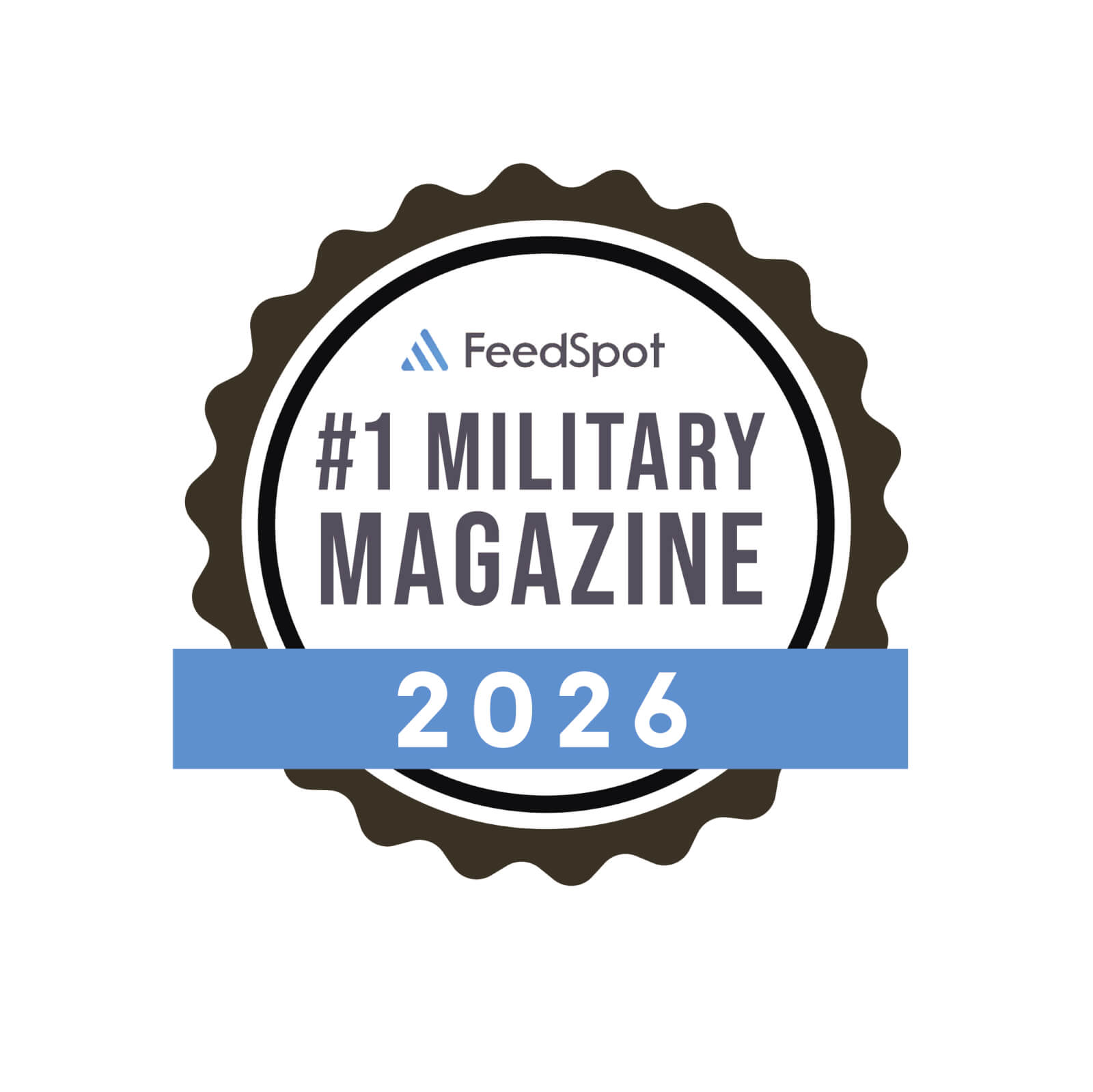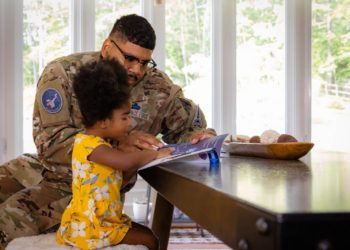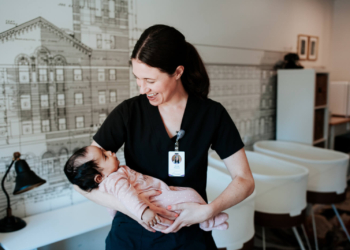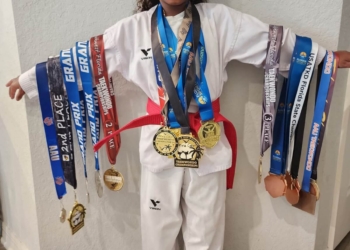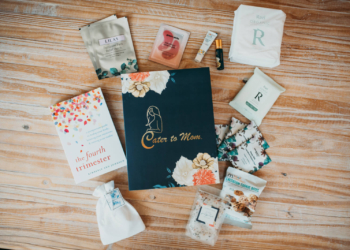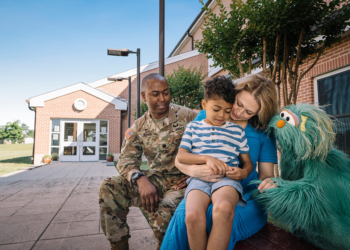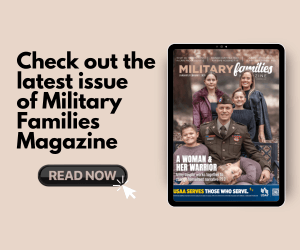Navy sailor Natalie Mills and her husband are dual military with two young children. At first, the Child Development Centers on their various bases worked well for child care; Mills could see and nurse her daughter on lunchbreaks. But then she and her husband discovered a more personalized, multicultural option in 2022: hiring an au pair. An au pair is a young person from another country who provides child care while living with a host family for one to two years.
“Having flexibility and someone available on a regular basis to keep the stability of our home life in balance is essential for military members,” explained Mills.
“The cultural exchange we’ve had with our au pairs has been amazing!” she said, adding that they have hosted au pairs from France, Germany and Switzerland. “We love including our au pairs on family activities, trips and events.”

The Mills family invites their au pairs to share in life events such as traveling all over America or being part of the Mills’ promotion ceremonies. This allows them to not just be tourists but “enjoy being a part of [the Mills] family.”
That’s a common theme that Natalie Jordan, senior vice president at Cultural Care Au Pair, hears from host families. Family-style hosting is even more common with military families as the stability of an au pair — who can PCS with families CONUS and even live on base in most cases — provides a seldom-felt sense of security and continuation for military children.
“The au pair program may not be the best fit for everyone, but for those who really commit to making an au pair a part of their family, what they get in return is a really incredible, lifelong relationship,” said Jordan, who estimates that one in eight of Cultural Care’s host families is military-affiliated. “We have heard stories of host fathers walking their former au pair down the aisle, au pairs naming their children after members of their host families, a host mom helping deliver her former au pair’s baby 10 years later and families planning their vacations based on where their au pair now lives.”
The program benefits all parties, including the thoroughly vetted au pair who gets a chance to immerse themselves in American culture, perfect their English and increase their child-related skills. With up to 45 hours of child care a week, parents like the Mills never have to worry about a deployment or extra-long hours throwing a wrench in their daycare plans. Meanwhile, the kids get one-on-one attention from someone who can teach them another language and culture. An added benefit for military families: Cultural Care has a discount on the program fee for host families.
Recognizing the importance of an au pair option, the National Military Family Association (NMFA) has joined forces with American Families for Cultural Exchange, a coalition led by Cultural Care. Navy veteran wife Eileen Huck, who is also NMFA’s senior deputy director of government relations, said raising awareness amongst both the public and lawmakers of the military family/au pair relationship is important for her organization.
“We think au pairs are an important piece of the childcare landscape for military families, and we want to make sure that au pair programs remain robust and available,” Huck said. “We think it’s a positive for both the military family and the au pair who gets to experience American life.”
Mills certainly sees it that way, and she makes a point to inform other military families about the option.
“The more I tell them about our experiences, the more other people I know in the military are deciding to host an au pair,” she said.
For more information on Cultural Care Au Pair, check out their website or their Instagram page.
Disclaimer: The views expressed do not represent the views of the DoD.
Read comments
